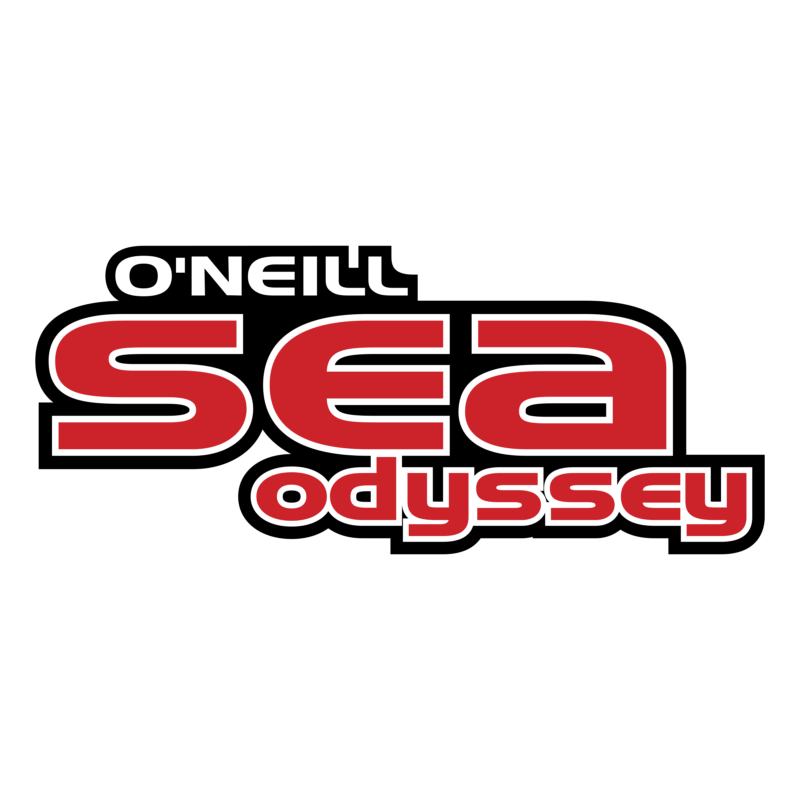PROGRAM OUTCOMES
The primary purpose of O’Neill Sea Odyssey is to foster awareness of environmental stewardship and personal responsibility among program participants. This is done by delivering an interactive curriculum that emphasizes the inextricable connections between land and sea, integrating marine science, ecology, and math in a real-world setting aboard the Team O’Neill catamaran.
To ensure we are making a meaningful difference, OSO collects and analyzes data from student pre- and post-surveys and teacher evaluations. We partner annually with third-party evaluator Applied Survey Research (ASR), who assesses both the reach and impact of our program. ASR’s analysis helps us understand who is accessing OSO, how students are benefiting, and where we can grow.
These findings are compiled into an annual report that we publish to highlight our outcomes, uphold our commitment to continuous improvement, and demonstrate OSO’s vital role in our community.
- 2024-25 Applied Survey Research Evaluation
- 2023-2024 Program Impact Report
- 2023-2024 Applied Survey Research Evaluation
- 2022-23 Applied Survey Research Evaluation
In 2013, longtime OSO instructor Lauren Hanneman conducted a long-term impact study titled The Effectiveness of Experiential Environmental Education in Connecting Youth to Nature: A Case Study on the O’Neill Sea Odyssey Program. The study found that 75% of participants retained key concepts from OSO’s ecology curriculum well beyond their trip. Students also showed a lasting shift in attitude, recognizing that ocean pollution is largely caused by land-based sources.
The only socio-demographic variables that had an effect on students’ mental models were the community setting – distance from the ocean – and the number of other experiential environmental education field trips that the students attended. Income, gender, grade level, and language had no significant effect.
Read the full report to learn how OSO strengthens science learning, deepens student connection to local watersheds, and supports mental and emotional well-being.



